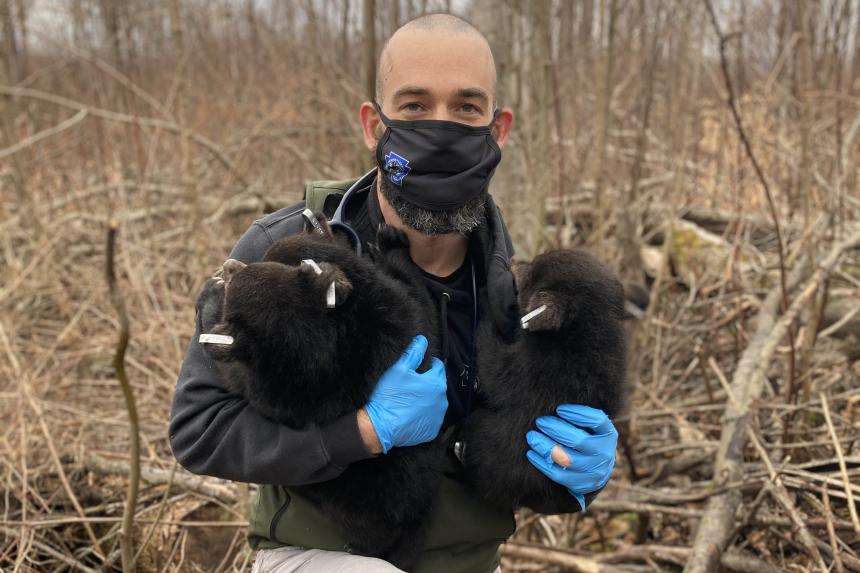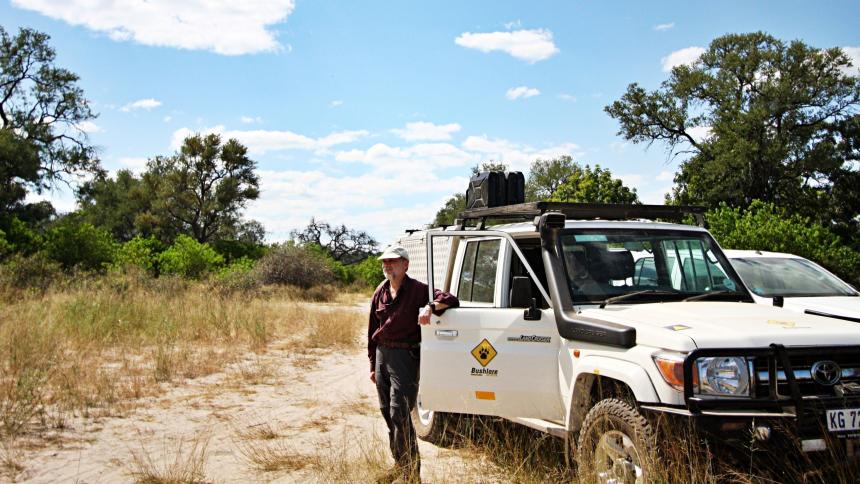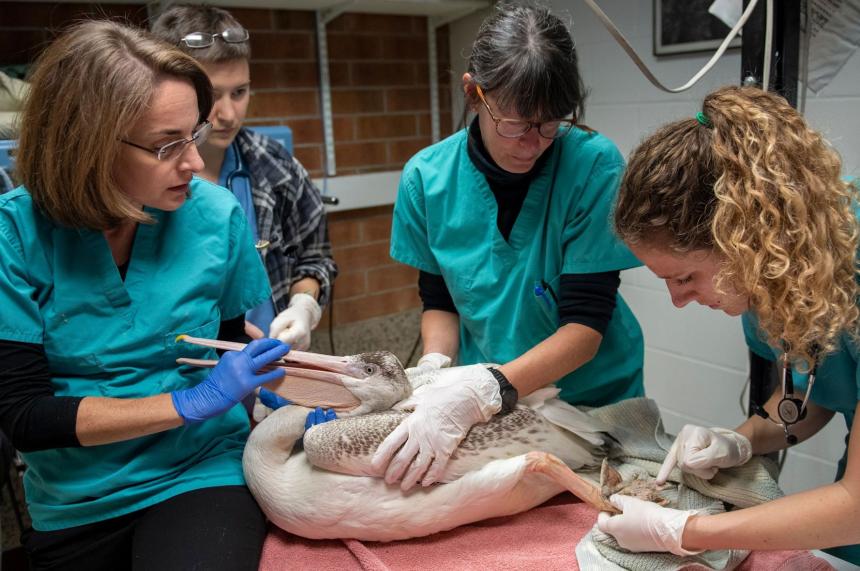News

For Your Information
February 14, 2023
Eastern coyotes are out there—everywhere in New York. They are adaptable to living in many environments--prairies, forests, deserts, wetlands, and even cities--but open areas like prairies or deserts are where they prefer to be. Most coyotes go entirely unseen in their habitat of choice.

February 13, 2023
Chytridiomycosis has caused significant declines and extinctions of many amphibian species. In a new paper, Cornell scientists have found that an oral vaccine can stimulate an immune response and help some species fight the deadly disease.

News
February 08, 2023
Dr. Andrew Di Salvo had always been interested in wildlife and enjoyed being outdoors. He first considered a career in wildlife veterinary medicine while working as a park ranger in New York City before veterinary school....

February 06, 2023
The Cornell Wildlife Health Center's Dr. Martin Gilbert says infectious diseases present a growing conservation threat to wild species as populations become more fragmented.

February 05, 2023
Congratulations to Maggie Swift, who will be joining us as an Atkinson Center Postdoctoral Fellow! Maggie will use advanced computer modeling to simulate elephant movements in southern Africa that will make it easier to evaluate scenarios for integrative, sustainable land-use management.

February 03, 2023
A study led by Cornell researchers found that white-tailed deer – the most abundant large mammal in North America – are harboring SARS-CoV-2 variants that once widely circulated but are no longer found in humans.

January 18, 2023
From Ithaca to the plains of southern Africa, the Cornell Wildlife Health Center is working to heal the natural world. Launched in 2020, the center was formed to unite Cornell’s leading wildlife health professionals under a common mission: to repair the fractured relationship between people and nature.

January 16, 2023
The Cornell Wildlife Health Center has launched a new Student Support Fund for off-campus apprenticeships with free-ranging or captive wildlife, on-campus wildlife research, and student travel to present at professional conferences on wildlife health and conservation.

January 10, 2023
Led by Cornell's Dr. Michael Stanhope, a team of scientists has sequenced genomes of the great hammerhead shark and shortfin mako shark, both endangered species.

January 05, 2023
Protecting wildlife is hard, and a key step to determine if a wildlife species needs conservation intervention is finding them. The Cornell Wildlife Health Lab's Alyssa Kaganer describes using eDNA techniques to successfully find four-toed salamanders.
